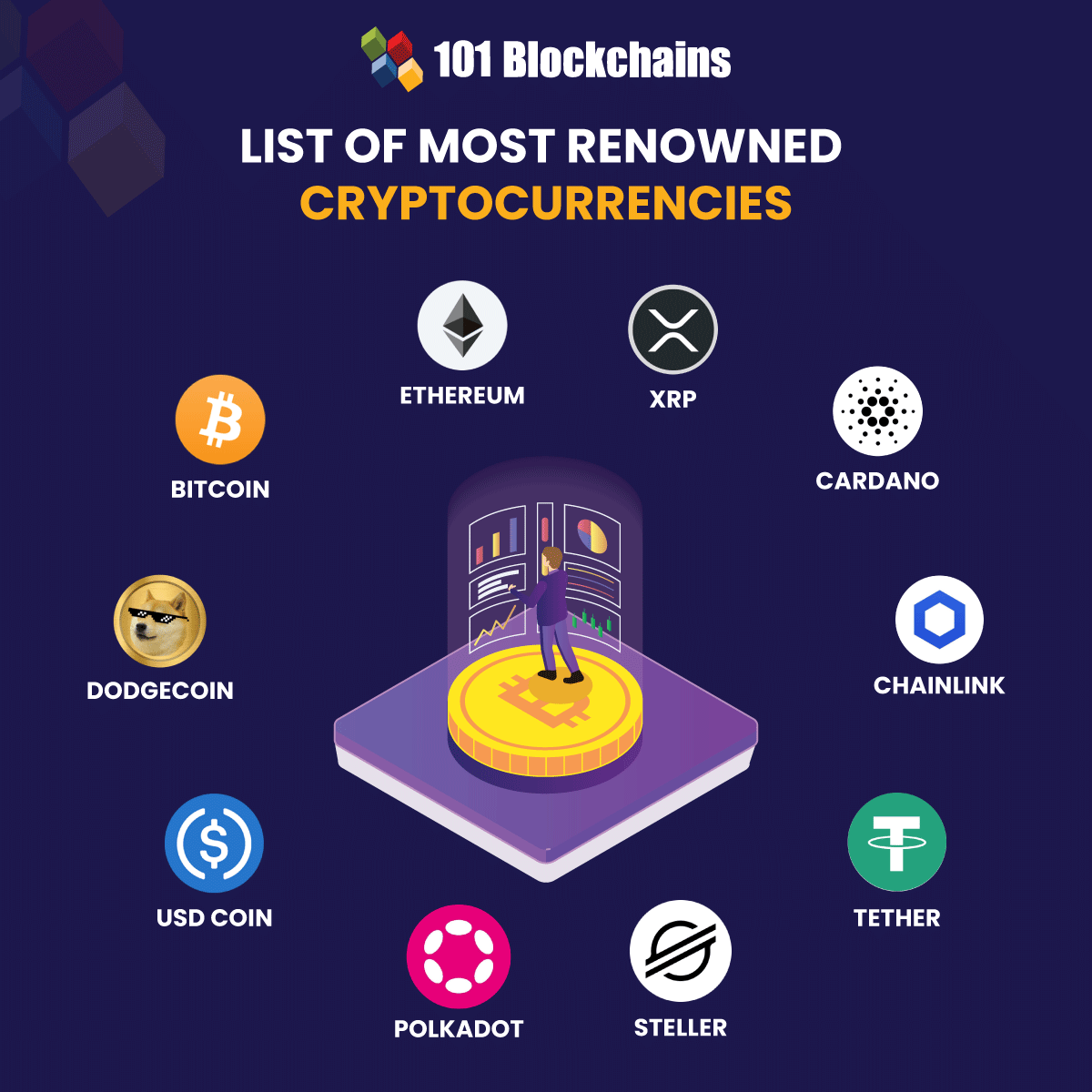Cake Blog
cryptocurrency meaning
Cryptocurrency meaning
Because crypto is not backed up by a central public authority or within the banking system, it is not considered legal tender and users are not protected from price volatility, theft because of hacking, or when crypto firms collapse.< https://iconicint.com/review/hardrock/ /p>
For example, alignment with institutions may soften potential risks to financial stability alongside the volatility that the crypto asset market has seen, especially in the past 1.5 years, as pictured below.
The results can be confusing. While officials at the Annual Meeting of the New Champions in Dalian in June 2017 welcomed a World Economic Forum whitepaper, “Realizing the Potential of Blockchain”, less than three months later the People’s Bank of China (PBoC) announced an immediate ban on ICOs – initial coin offerings, through which crypto start-ups raise funds for development – and the shutdown of all domestic cryptocurrency exchanges.
Recent regulatory advances, including the release of the Markets in Crypto-Assets (MiCA) provisional agreement in the EU and the release of the Framework for International Engagement on Digital Assets in the US, signal a desire to provide regulatory clarity in this space. In the future, the adoption of cryptocurrencies and stablecoins will most likely be correlated with the level and quality of regulation in a given jurisdiction. As regulatory certainty influences economic behaviour, large economic regions like the EU and the US are making strides to provide initial direction.

Cryptocurrency list
The collapse of FTX underlined the “urgent need for imposing rules which will better protect Europeans who have invested in these assets, and prevent the misuse of crypto industry for the purposes of money laundering and financing of terrorism,” said Elisabeth Svantesson, Finance Minister for Sweden, which holds the EU presidency.
An altcoin is any cryptocurrency that is not Bitcoin. The word “altcoin” is short for “alternative coin”, and is commonly used by cryptocurrency investors and traders to refer to all coins other than Bitcoin. Thousands of altcoins have been created so far following Bitcoin’s launch in 2009.
One of the biggest winners is Axie Infinity — a Pokémon-inspired game where players collect Axies (NFTs of digital pets), breed and battle them against other players to earn Smooth Love Potion (SLP) — the in-game reward token. This game was extremely popular in developing countries like The Philippines, due to the level of income they could earn. Players in the Philippines can check the price of SLP to PHP today directly on CoinMarketCap.

The collapse of FTX underlined the “urgent need for imposing rules which will better protect Europeans who have invested in these assets, and prevent the misuse of crypto industry for the purposes of money laundering and financing of terrorism,” said Elisabeth Svantesson, Finance Minister for Sweden, which holds the EU presidency.
An altcoin is any cryptocurrency that is not Bitcoin. The word “altcoin” is short for “alternative coin”, and is commonly used by cryptocurrency investors and traders to refer to all coins other than Bitcoin. Thousands of altcoins have been created so far following Bitcoin’s launch in 2009.
Cryptocurrency
Some examples of prominent cryptocurrencies that have undergone hard forks are the following: Bitcoin’s hard fork that resulted in Bitcoin Cash, Ethereum’s hard fork that resulted in Ethereum Classic.
Cryptocurrencies promise to make transferring funds directly between two parties easier without needing a trusted third party like a bank or a credit card company. Such decentralized transfers are secured by the use of public keys and private keys and different forms of incentive systems, such as proof of work or proof of stake.
The legal status of cryptocurrencies creates implications for their use in daily transactions and trading. In June 2019, the Financial Action Task Force (FATF) recommended that wire transfers of cryptocurrencies should be subject to the requirements of its Travel Rule, which requires AML compliance.
On a blockchain, mining is the validation of transactions. For this effort, successful miners obtain new cryptocurrency as a reward. The reward decreases transaction fees by creating a complementary incentive to contribute to the processing power of the network. The rate of generating hashes, which validate any transaction, has been increased by the use of specialized hardware such as FPGAs and ASICs running complex hashing algorithms like SHA-256 and scrypt. This arms race for cheaper-yet-efficient machines has existed since bitcoin was introduced in 2009. Mining is measured by hash rate, typically in TH/s. A 2023 IMF working paper found that crypto mining could generate 450 million tons of CO2 emissions by 2027, accounting for 0.7 percent of global emissions, or 1.2 percent of the world total
